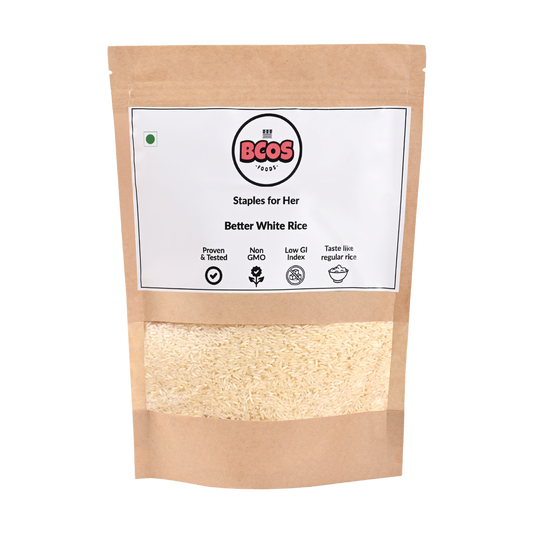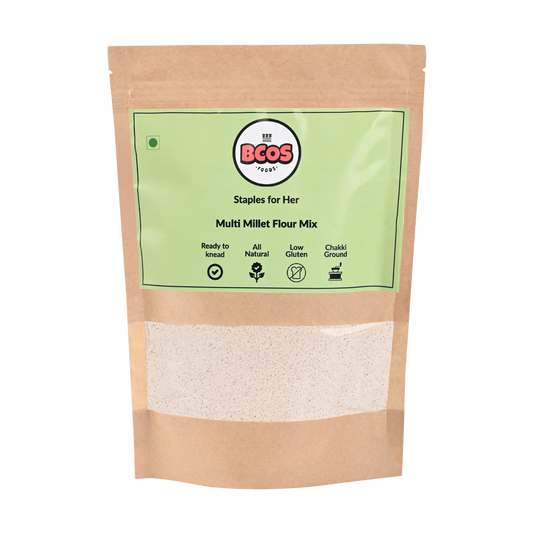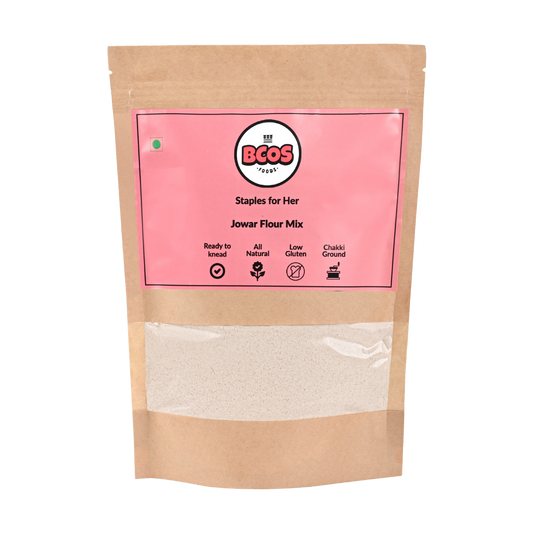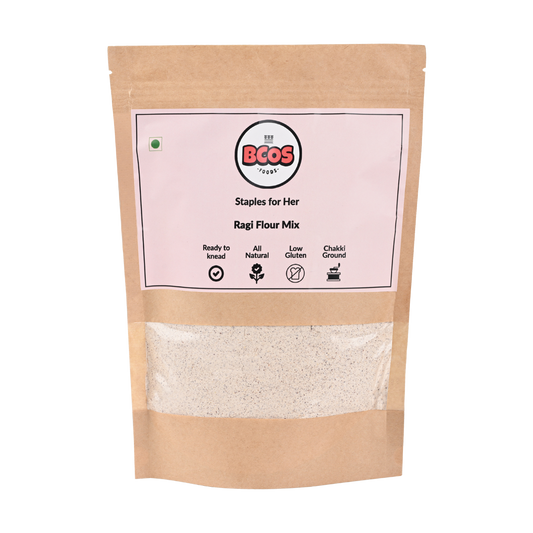Polycystic Ovary Syndrome (PCOS) is a common endocrine disorder that affects 5% to 20% of female of reproductive age worldwide. PCOS is often associated with menstrual cycle disruption, insulin resistance, high levels of androgens (like testosterone) and infertility.
While there are genetic components impacting PCOS, there is also a relationship between our gut microbiome and PCOS. In this post we are going to explore this connection further and discover the steps you can take to improve your gut health to manage PCOS.
Your Gut Microbiome
The community of microbes that reside in your gut provide a foundation for your reproductive health. We have over 2kg of microorganisms or microbiota living in our gut (these are mainly bacteria). These microbiota produce essential vitamins, regulate our immune system, influence our metabolism, alter hormone levels, our muscle strength and even our mood.
A healthy, diverse gut microbiome is associated with better health and wellbeing. A healthy gut is typically one many different types of microbes, and lots of them. This richness of different species and abundance (how many there are) of microbes provides a measure of diversity.In females with PCOS gut microbiota diversity is reduced. There tends to be more species living the gut that promote inflammation and metabolic disruption, and less beneficial bacteria that help us produce beneficial compounds.
With gut dysbiosis there is an increase in androgens (hyperandrogenism) which may suppress ovulation. In females with PCOS groups of related bacteria influenced appetite, body weight, sex hormones and brain-gut communication.
Nurture your Gut Health for PCOS
As our gut microbiome impacts PCOS, improving the diversity of the gut microbiome is an effective strategy to manage PCOS. Want more regular periods, improved fertility, and better hormone balance? It starts in the gut!
Prebiotics are essentially the ignition source for promoting the growth of beneficial bacteria in your gut. They are non-digestible, fermentable components of foods and it is likely that you have already had some today. Your gut microbiota love to break down prebiotics as a fuel source to create all the health promoting compounds that enhance your fertility.
Prebiotics may improve insulin resistance, lower androgens, and benefit lipid profile. Prebiotic fibre increases beneficial gut bacteria and reduces pathogenic bacteria, reducing symptoms of PCOS.
Sleep
Sleep regulates the body’s ability to handle blood sugars by altering insulin levels, and how sensitive our bodies are to insulin. Sleep disruption can have a greater impact on insulin resistance than a high high-fat diet!
Our transition to sleep is controlled within our brain but did you know that your gut microbiota can communicate with your brain? If you have a healthy, diverse gut microbiota levels of gut inflammation are lower and this has been shown to promote sleep. When your gut microbota are out of balance, levels of inflammation are higher and this can hinder sleep.
Move Your Body – Exercise and Your Gut Microbiome
While diet is a potent modulator of your gut microbiome, exercise can also improve the diversity of your gut friends for optimal fertility outcomes. Exercise can increase the proportion of beneficial bacteria living in your gut, increasing production of compounds that dampen PCOS pathology and promote health and fertility. With the changes in your gut microbiome, regular exercise can restore ovulation, lower androgens and improve insulin sensitivity.
Your Gut-Fertility Connection
Restoring balance to your gut will set the path to reduce inflammation and oxidative stress, restore hormone balance, regulate your immune system, enhance your metabolic health, increase resilience and optimise your reproductive health.
We offer personalised nutrition counselling to repair your gut health. Also, do checkout our tasty millet flour staples to take charge of your nutritional modifications for long term reproductive health management.





